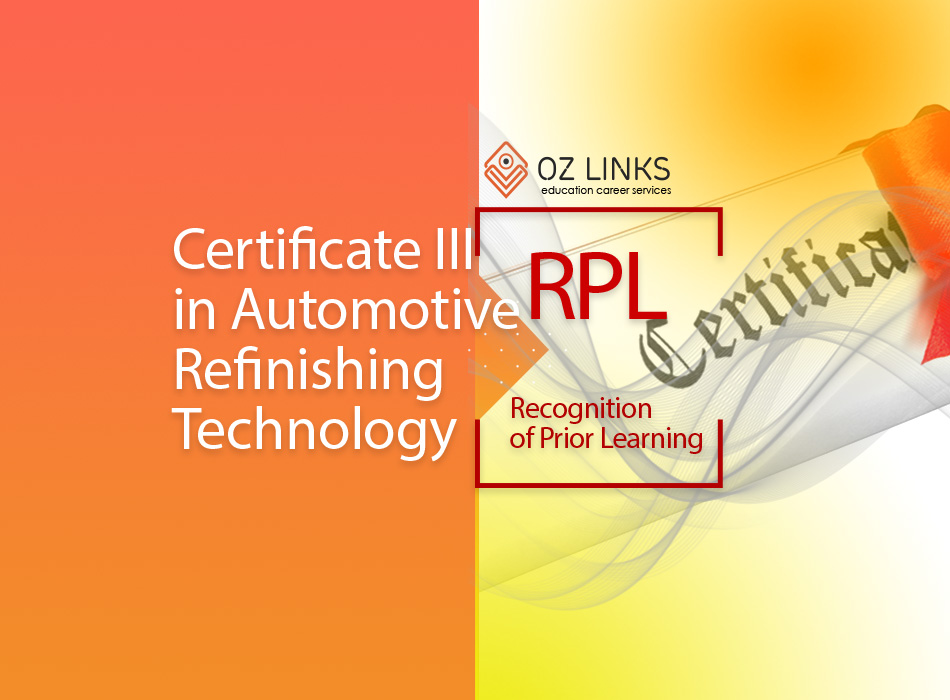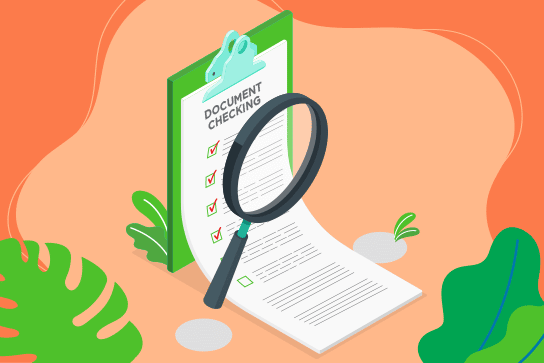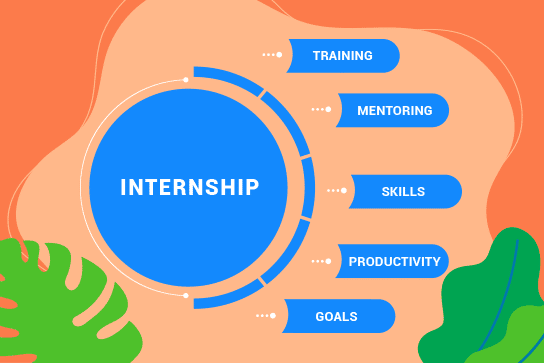Last Updated on October 22, 2025 by Ozlinks Education
Transform your skills and experience as an Automotive Electrician into a recognized Certificate III in Automotive Electrical Technology qualification through the Recognition of Prior Learning program in Australia. By having your existing skills and knowledge acknowledged, you can save both time and money on training courses.
Let’s get your skills certified!
Certificate III in Automotive Electrical Technology
The AUR30320 – Certificate III in Automotive Electrical Technology qualifications reflect the role of an Automotive Electrician, who performs a wide range of tasks on Installs, maintains, and repairs the electrical and electronic systems in vehicles. They use diagnostic tools to identify and fix problems with components like alternators, starters, and ignitions, as well as complex systems like anti-lock brakes, fuel injection, and air conditioning.
The students are required to demonstrate competence in 32 competency units, which include both core and selective units.
- 21 core units
- 11 elective units
Job titles
- Automotive Electrical Fitter
- Automotive Electrician
Why do I need the Certificate III in Automotive Electrical Technology?
Acquiring the Certificate III in Automotive Electrical Technology can significantly improve your employment opportunities and income potential in the Australian job market. This qualification provides you with crucial skills and knowledge, enhancing your competitiveness as a candidate and enabling you to function as a certified Automotive Electrician in any automotive workshop.
Migrants may need to acquire the Certificate III in Automotive Electrical Technology to meet the migration skills assessment requirements for general skilled migration visa applications, particularly for the role of an Automotive Electrician.
How does Ozlinks Education help with RPL?
Ozlinks Education can assist you with the Recognition of Prior Learning (RPL) process by acting as your agent. We will guide you through every step, from preparing your application to obtaining a formal qualification. Our services include gathering and preparing required documents; locating a suitable Registered Training Organisation (RTO) partner; and offering tailored support to help you convert your work experience into a recognised certificate.
RTO partnership
As an education agent, we maintain partnerships with various RTOs, enabling you to access a diverse range of RPL programs and select a qualification that aligns with your skills.
Application assistance
We assist you in preparing and submitting your application by guiding you through the process and clarifying the requirements for skill assessment.
Document preparation
We assist you in preparing your employment portfolio and collecting the essential evidence to showcase your skills and experience.
Tailored support
Our team offers personalised support to maximise your chances of successfully obtaining the qualifications necessary to advance your career.
Skills Assessment SupportWhat does an automotive electrician do?
An automotive electrician installs, maintains and repairs electrical wiring and electronic components in motor vehicles
Their job involves:
- using test equipment to locate electrical and electronic malfunctions
- dismantling and removing electrical and electronic assemblies and components
- installing electrical equipment and electronic components in motor vehicles
- connecting power-operated vehicle equipment and accessories to power supply
- adjusting engine control systems and timing
- testing and replacing defective alternators, generators, voltage regulators and starter motors
- repairing and replacing faulty ignition and electrical wiring
- replacing defective parts such as fuses, lamps and switches

What is Recognition of Prior Learning?
The Australian Qualification Framework (AQF), overseen by the Department of Education in collaboration with the states and territories, ensures that all students have the right to have their prior education, relevant work experience, and training recognised. This facilitates their progression towards and between qualifications.
Each registered training organisation (RTO) has its own policies and procedures for assessing your eligibility for Recognition of Prior Learning (RPL), although the fundamental principles remain consistent. The experience and skills you have acquired through your work can help you complete a qualification more quickly, thereby reducing the time commitment required to undertake a course and bringing you closer to your desired career.
The advantages of using RPL program
Recognition of Prior Learning (RPL) program offer numerous benefits, including time and cost savings by validating existing skills and experience, expedited qualification achievement, and improved employment prospects. RPL program helps you:
- There is no need to relearn what you already know.
- It saves both your time and tuition fees.
- Assist you in achieving your career change objectives in Australia.
- Gaining an Australian qualification requires less time.
- You do not need to attend classes or redo the training you have already completed.
- Open new career opportunities in the automotive industry.
- Obtain a qualification to satisfy the visa or skills assessment requirements.
Evidence requirements
Below is the general list of documents that you are required to provide to support your RPL assessment application:
- 100 points of identification documents (ID)
- A current resume outlines your relevant employment history
- Student USI number
- Evidence of employment indicates that you have been working at the hospitality management level, including an employment reference letter, an employment contract, payslips, an income statement, and superannuation.
- Workplace photos and videos that showcase you performing your tasks in accordance with the job duties outlined above demonstrate your competency in the relevant qualification.
Note: Additional gap training may be necessary to address any areas for improvement and to ensure a positive assessment outcome. An RTO assessor might conduct a competency interview with you to identify any existing training gaps.
What automotive qualification are you looking for?
Achieve recognition for your skills and professional expertise in the automotive sector, specifically as light vehicle motor mechanics, diesel motor mechanics, and automotive electricians, by obtaining a Certificate III through a Recognition of Prior Learning (RPL) assessment. Check if you qualify for one of the following certificates!
- RPL Certificate III in Light Vehicle Mechanical Technology
- RPL Certificate III in Automotive Body Repair Technology
- RPL Certificate III in Heavy Vehicle Mechanical Technology
- RPL Certificate III in Automotive Refinishing Technology
- RPL Certificate III in Automotive Electrical Technology
- RPL Certificate III in Mobile Plant Technology



